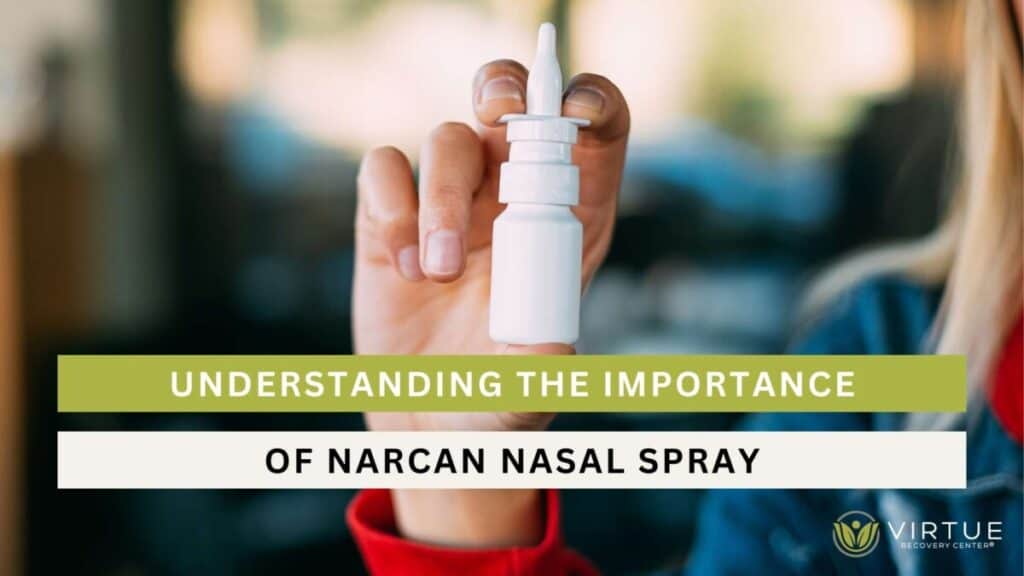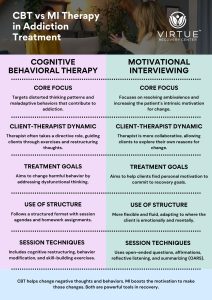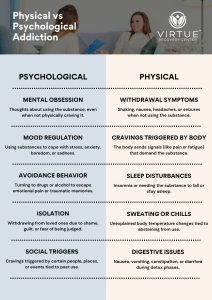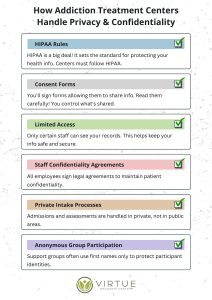Key Takeaways
- Narcan (naloxone) nasal spray is a crucial weapon that can help in saving lives in opioid overdose situations.
- It is available and user-friendly and, therefore, important in emergency responses.
- Community education and adequate training in Narcan use are needed for practical application.
Introduction
The USA is facing an opioid crisis as a significant public health problem, and the number of opioid-related overdoses is increasing every year. Narcan nasal spray is now an essential tool in the fight against the crisis. This drug is used for the treatment of the effects of opioid overdose, which is crucial in emergency cases. The article explains Narcan, who should use it, when and how to use it, its availability, and the need for community awareness and training.
What is Narcan Nasal Spray?
Narcan nasal spray contains naloxone, an opioid antagonist that can quickly reverse the effects of an opioid overdose. Unlike other forms of naloxone requiring intravenous access, Narcan nasal spray is designed for easy administration without medical training. When sprayed into the nostril, Narcan blocks the effects of opioids on the brain, rapidly restoring normal breathing to a person who has overdosed on opioids such as heroin, morphine, or fentanyl.
Recognizing the Need for Narcan
Recognizing when to use Narcan is crucial for effective intervention in opioid overdose situations. Signs of an opioid overdose include small, constricted “pinpoint pupils,” unconsciousness, and respiratory depression, which is characterized by slow, irregular breathing or no breathing at all. Other symptoms may include choking sounds, a limp body, pale, blue, or cold skin, and vomiting. Quick identification of these symptoms and immediate administration of Narcan can be the difference between life and death.
History and Development of Narcan
Narcan, the brand name for naloxone, was first approved by the U.S. Food and Drug Administration (FDA) in 1971 as an injectable medication. Developed to counteract the effects of opioid overdoses, it was initially used primarily in hospital and emergency settings. Over time, as the opioid crisis escalated, the need for a simpler and more accessible form of naloxone became evident. In 2015, Narcan nasal spray was introduced, revolutionizing overdose prevention by allowing anyone, regardless of medical training, to administer the life-saving medication. Its development reflects the growing emphasis on empowering communities to combat the opioid epidemic.
How to Use Narcan Nasal Spray
Using Narcan nasal spray is straightforward:
- Identify the signs of an overdose: If someone exhibits signs of an opioid overdose, acting quickly is crucial.
- Call for emergency help: Always call 911 before administering Narcan, as medical follow-up is necessary.
- Administer Narcan: Hold the spray device between your fingers and thumb, place the tip of the nozzle in one nostril of the patient lying on their back, and firmly press the plunger to release the dose.
- Monitor the individual: After administering Narcan, gently turn the individual on their side (recovery position) and monitor their breathing and responsiveness. If there is no response within two to three minutes, administer a second dose if available.
- Stay with the individual until help arrives: Monitor the individual as Narcan can wear off, and symptoms may return.
Legal Protections for Administering Narcan
Many states have enacted Good Samaritan laws to protect individuals who administer Narcan in overdose emergencies. These laws provide legal immunity to those who act in good faith to help someone experiencing an overdose, shielding them from potential lawsuits or criminal charges. Some states also protect individuals who call 911 during an overdose, even if they are using or possessing drugs themselves. Understanding these legal protections encourages more people to intervene during an emergency without fear of legal repercussions, ultimately saving more lives. Always check your local laws to understand the specific protections in your area.
Accessibility of Narcan
Narcan nasal spray is widely available and can be purchased at pharmacies, often without a prescription, due to standing orders in many states that aim to increase accessibility. It is also available in many public buildings, schools, libraries, and community outreach programs. The goal is to make Narcan as accessible as a fire extinguisher because when it comes to opioid overdoses, every second counts.
The Importance of Narcan in the Opioid Epidemic
Narcan has become a cornerstone in the fight against the opioid epidemic, a public health crisis responsible for tens of thousands of overdose deaths annually. According to the CDC, opioids, including synthetic variants like fentanyl, account for the majority of overdose fatalities in the United States. Narcan provides a critical window of opportunity to save lives, giving individuals a chance to access further medical care and addiction treatment. The widespread distribution of Narcan has already prevented countless deaths, underscoring its essential role in reducing the devastating impact of opioid misuse.
Risks of Overdosing Without Narcan
When Narcan is unavailable during an opioid overdose, the risks are severe and often fatal. Overdoses cause respiratory depression, where breathing slows or stops entirely, leading to a lack of oxygen in the brain. This condition, known as hypoxia, can result in irreversible brain damage or death within minutes. The absence of Narcan also delays the time needed for emergency responders to administer other life-saving treatments. Without Narcan to temporarily reverse the overdose, individuals may succumb to preventable outcomes, highlighting the urgency of its availability in homes, businesses, and public spaces.
Narcan’s Role in Reducing Stigma
Narcan has not only saved lives but also helped shift the narrative around addiction. By treating overdose as a medical emergency rather than a moral failing, Narcan fosters compassion and understanding. Community programs that distribute Narcan and provide training emphasize that addiction is a treatable condition, reducing stigma and encouraging individuals to seek help. Making Narcan widely accessible normalizes the idea that carrying it is akin to carrying an EpiPen—an act of care and preparedness, not judgment.
Promoting Community Awareness and Training
Public awareness of an opioid overdose and how to use Narcan is a critical aspect of the war against the opioid crisis. Many communities provide Narcan training classes for free and can help people save lives. Public information campaigns and collaborations with local businesses and organizations can also increase awareness and preparedness.
Common Myths About Narcan
Myth 1: Narcan encourages drug use.
Reality: There is no evidence to suggest that the availability of Narcan increases drug use. Instead, it provides a critical safety net for those at risk of overdose.
Myth 2: Narcan can harm someone who isn’t overdosing.
Reality: Narcan is safe and will not harm someone who is not experiencing an opioid overdose, making it a low-risk intervention.
Myth 3: You can only use Narcan once.
Reality: Narcan can be used multiple times if necessary during an overdose, and additional doses may be required for potent opioids like fentanyl.
By addressing these misconceptions, communities can build trust in Narcan as a life-saving tool rather than a controversial topic.
The Limitations of Narcan
While Narcan is a life-saving tool, it is not a cure-all for opioid overdoses. Its effects are temporary, lasting between 30 and 90 minutes, while opioids in the system may linger longer. This means that symptoms of overdose can return after Narcan wears off, requiring immediate medical attention. Additionally, Narcan is only effective against opioid overdoses and will not reverse the effects of non-opioid drugs or alcohol. It is also important to note that Narcan does not address the underlying causes of addiction, making access to comprehensive treatment programs vital for long-term recovery.
Conclusion
Narcan nasal spray is an essential tool in the fight against the opioid epidemic. By understanding how to use Narcan and ensuring it is readily accessible, communities can better respond to opioid overdoses and save lives. Remember, if you or a loved one is struggling with addiction, reaching out for help can make all the difference. Contact Virtue Recovery Center at 866-520-2861 for support.
FAQs
Is Narcan safe to use?
Yes, Narcan is safe and only affects individuals who have opioids in their system; it does not affect those who do not.
Can Narcan be used on children?
Yes, Narcan can be safely used on children and infants suspected of opioid overdose.
Do I need training to use Narcan?
While no medical training is required, familiarizing yourself with the instructions and possibly attending a training session can increase your confidence and effectiveness in administering it.
Can you overdose on Narcan?
An overdose of Narcan is not possible, and it is designed to be non-harmful even if administered when an opioid overdose has not occurred.
What should I do after administering Narcan?
Call emergency services after administering Narcan, as further medical intervention may be necessary.
How quickly does Narcan work?
Narcan typically begins to work within 2 to 3 minutes, but a second dose may be necessary if there’s no initial response.
How long does Narcan’s effect last?
Narcan effects can last for 30 to 90 minutes, but most opioids last longer, so medical help should be sought immediately.
Where can I get Narcan?
Narcan is available at most pharmacies, some community centers, public health clinics, and often through local emergency responders.
Does Narcan have any side effects?
The most common side effect is opioid withdrawal symptoms in dependent individuals, which, while uncomfortable, are not life-threatening.
Why is Narcan important?
Narcan is important as it offers a brief period for medical assistance to come and additional treatment to be administered in opioid overdose cases that can be life-saving.
Resources
https://www.cdc.gov/opioids/basics/epidemic.html
https://nida.nih.gov/research-topics/heroin













